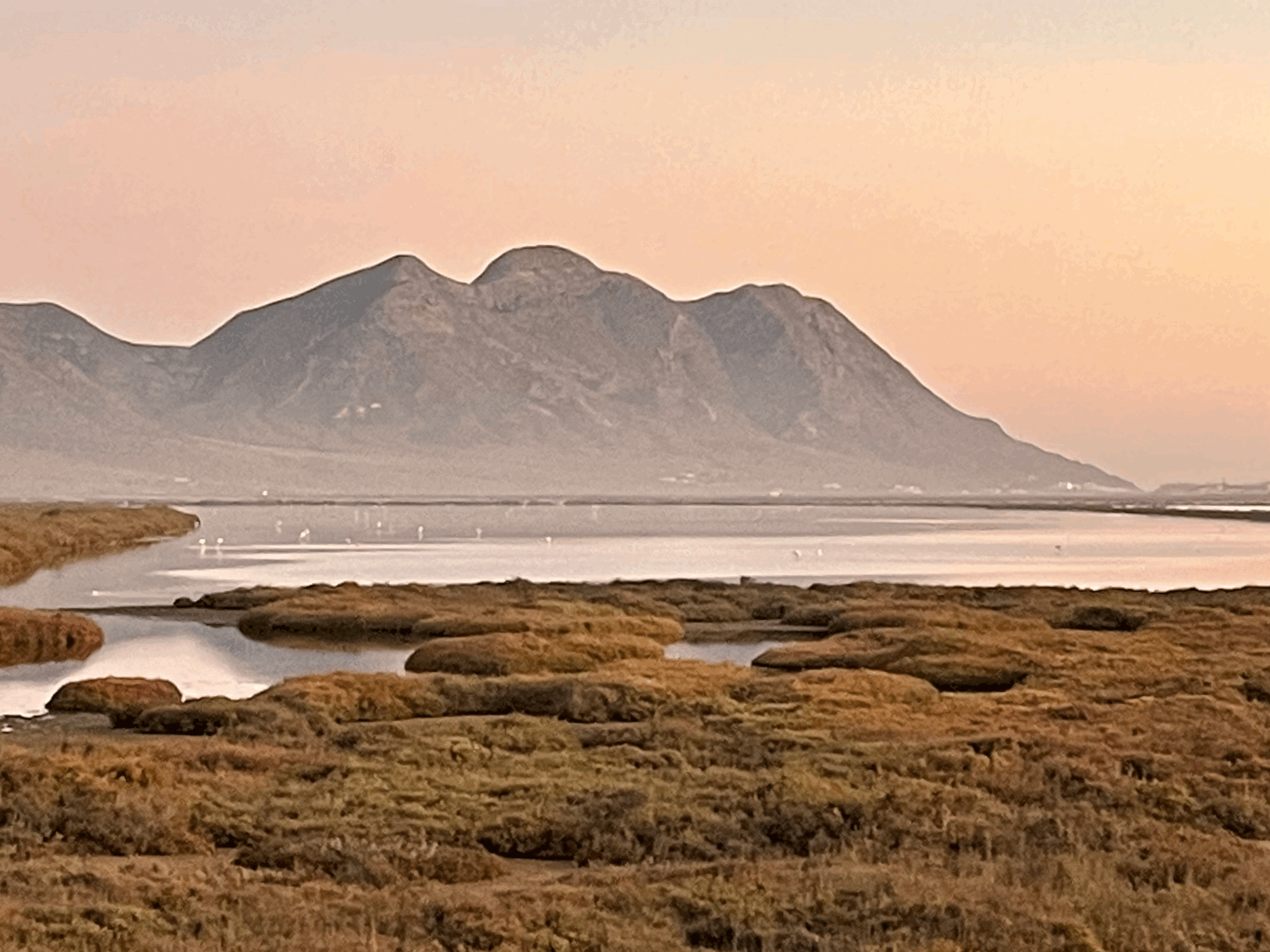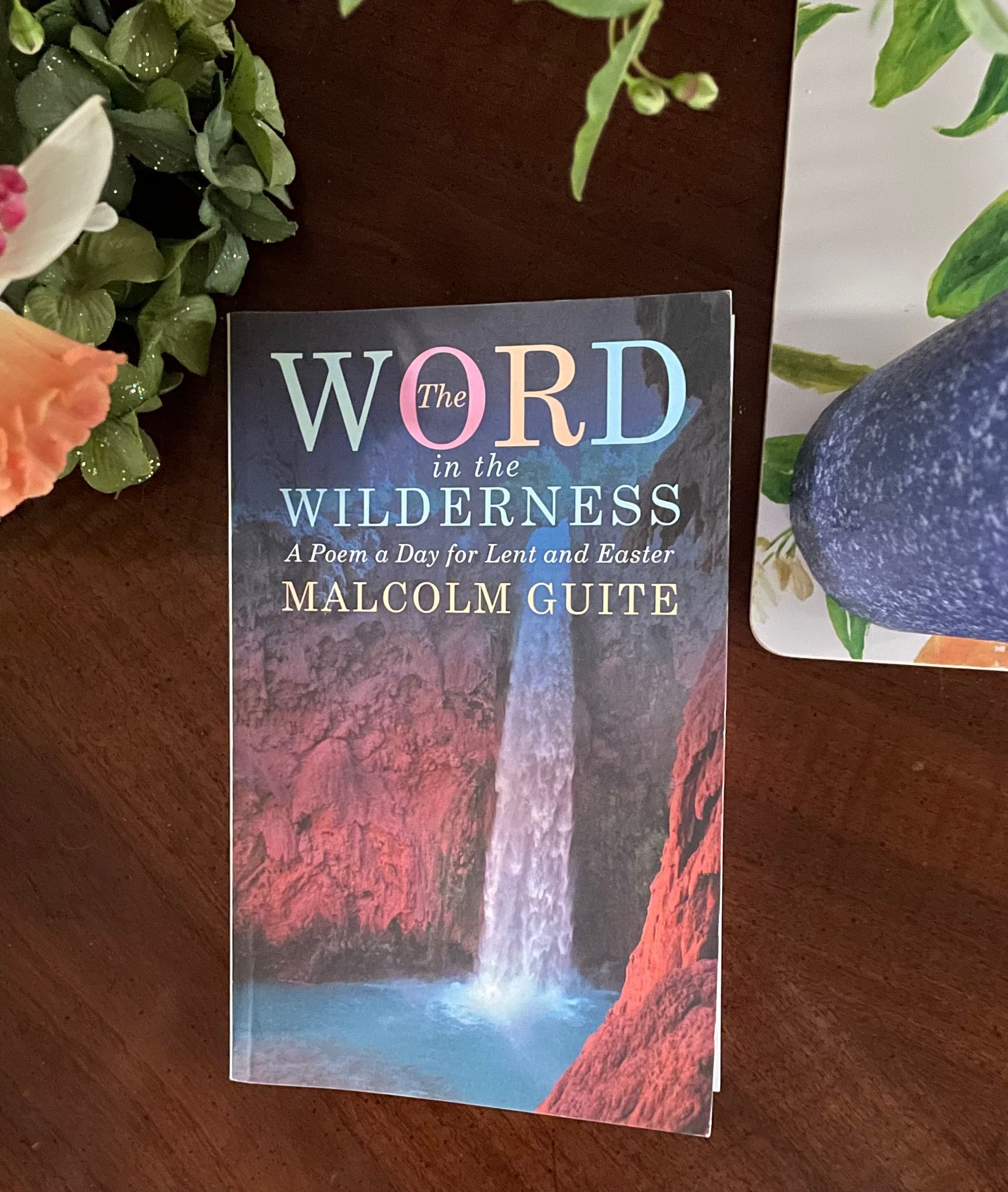Poetry, Mindfulness and Travel

It is Lent, the 40-day period when many Christians strive to put aside things that distract us from our life in Christ so that we can participate more fully in the celebration of His resurrection on Easter. Lent is often referred to as a "journey." As much as I love travel, the strength of that metaphor was mostly lost on me until just the past few years. I understood only at the most superficial level--I'd start one place and end up another (hopefully). This year, a wonderful book has not only enriched my interior Lenten journey, but it has made me think more about being more mindful during literal, physical travels.

The structure of this book is simple. As the subtitle says, there is a poem to read each day followed by Guite's short reflection on the work. (His writing, by the way, is a satisfying blend of personal reflection and literary analysis that avoids entirely the unintentional self-centeredness of some devotional material.) Each week has an overarching theme. For the first week of Lent, Guite develops the theme of a journey or pilgrimage and relates the ways in which "vision is renewed; new possibilities become apparent..." during our journeys within and without. (The Word in the Wilderness, Malcolm Guite, 2014. Page 46.)
Seamus Heaney's "Postscript," the poem Guite selected for the Second Sunday of Lent, has given me that wonderful gift of exactly capturing something in my own experience of which I had been only dimly aware. The poem begins with a bit of travel advice, encouraging the reader to take a particularly scenic drive along the coast in County Clare. As the raw power and beauty of the scene with the ocean "on one side" and a lake "among stones," filled with swans on the other strikes the reader, Heaney warns,
"Useless to think you'll park or capture it/More thoroughly. You are neither here nor there,/A hurry through which known and strange things pass..."(Guite, p. 49)
I am "a hurry." The picture at the top of this post is from a 2021 trip to Spain when we fit in a quick side trip to the Cabo de Gato. I remember that it was getting late and we had much further to go to get to our hotel. Those are flamingos in the distance and I was excited to see them in the wild. We did park, but we were also hurried. We took a few quick pictures and then drove on. I remember only what is in the picture. I don't remember the smell or the temperature or the sounds of the place.
Despite our inability to leave ourselves behind sufficiently to belong to the natural world around us, Heaney ends his poem on the hopeful note that the experience will at least change us. He writes that it will "catch the heart off guard and blow it open." (You can read the poem in its entirety on Malcolm Guite's blog.)
But I wonder, could I use a primitive form of poetry to bring myself to attention and slow the hurry enough to absorb much more of what I see? What if I had taken a breath, let go of thoughts of checking in on time and spent just a minute writing down an unfiltered list of what colors I saw, what I smelled, what I heard.
I think it's certainly worth a try.
By the way, here is a video of Seamus Heaney reading this poem:
